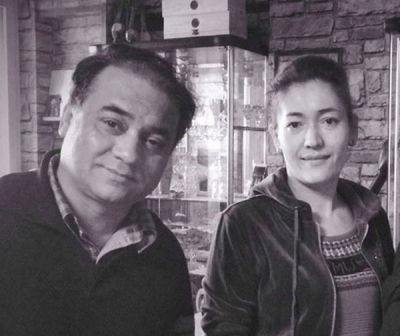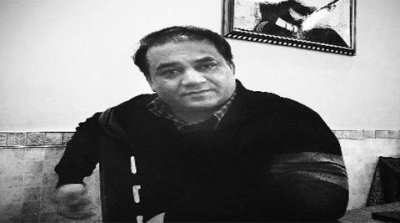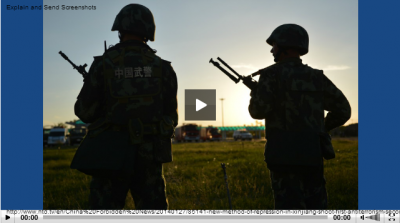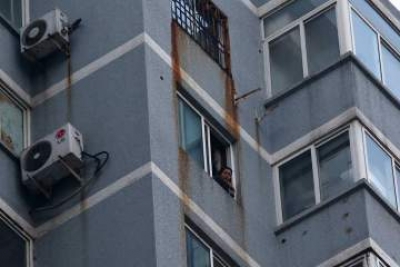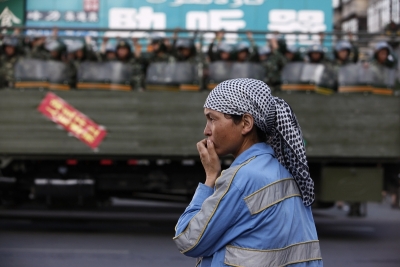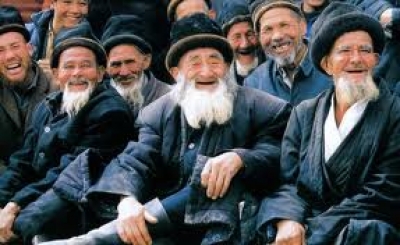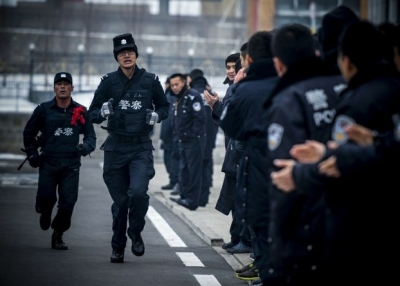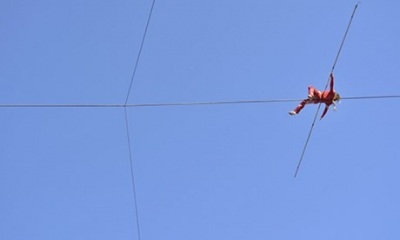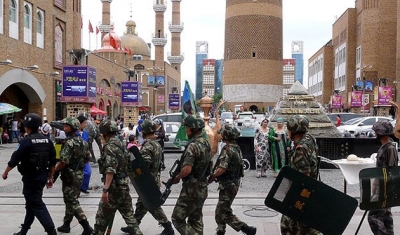Detained Beijing-Based Uyghur Scholar Taken to Xinjiang?
Chinese authorities detained the Central University for Nationalities professor on Jan. 15 but have refused to say where he is being held, accusing him of leading a separatist group that advocates violence to overthrow Chinese rule in the Xinjiang Uyghur Autonomous Region (XUAR) — charges which Guzelnur totally refuted.

